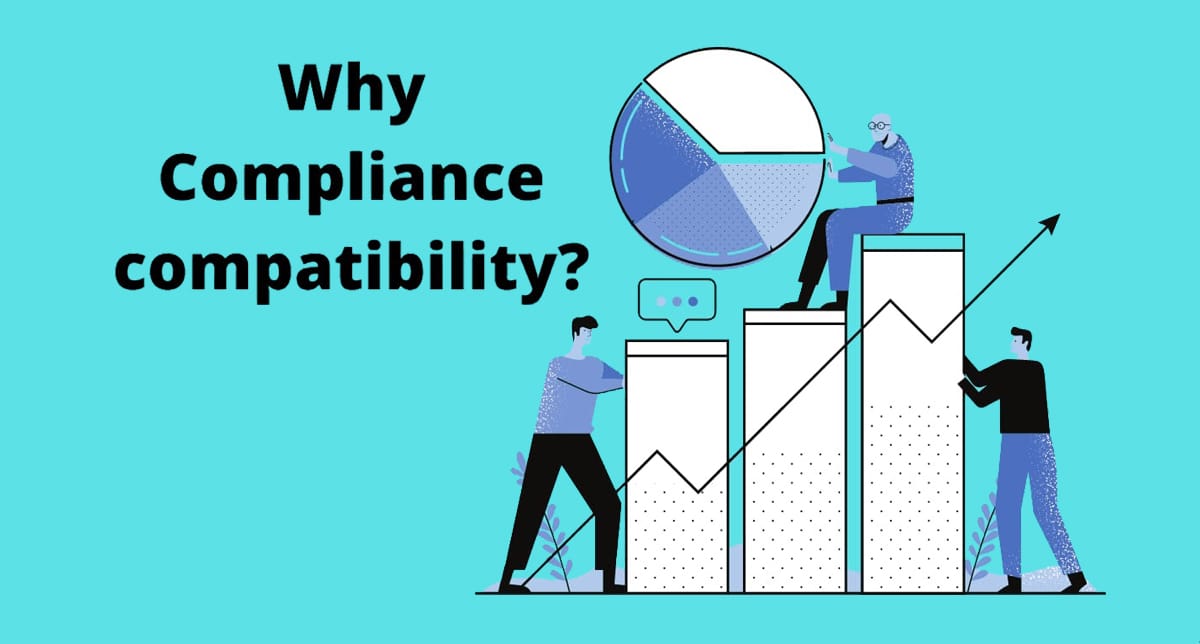Keeping sensitive, personal user data safe is an important aspect of maintaining data compliance. With hundreds of netizens online every day, disseminating sensitive information like credit card details it becomes all the more important for organizations to safeguard privacy.
Individual data is often stored in order to save users from re-entering information multiple times. These storehouses of data must be fortified since users trust you to not compromise their data. This is where data compliance regulations come into play. They outline mandatory precautions that can mitigate potential data mishandling.
Understanding the Meaning of Data Compliance
In a nutshell, it means abiding by rules set in place to protect user personal data. Users trust companies to not misuse their credit card details, addresses and social security numbers. These organizations then rely on their IT departments to ensure user privacy is met.
The IT teams at your organization are the ones who are going to ensure compliance. As such they are the ones responsible for staying abreast of all data compliance laws that govern your business as per your geographic location.
What is the Need for Maintaining Data Compliance?
Several malicious actors from external sources can wreak havoc with user personal information. Here are more reasons why data compliance is a dire need.
- Ensure Data Safety
Companies that don’t pay attention to data compliance laws often end up mishandling company data. If an organization does not do enough to protect user information the chance of a breach is higher. Other than a breach, sensitive user data must be protected from inappropriate access. It is the duty of the IT department in your company to ensure that user information is protected at all times.
- Safeguard Your Business Reputation
The ramifications of a lack of data compliance or a data breach can be far reaching. Your entire organization can suffer a loss of reputation which may lead consumers and other businesses to turn a cold shoulder. Also, in the event of a breach a thorough investigation into how and why it occurred must take place. This also impedes the performance of your business, putting many projects on hold.
- Avoid Incurring Massive Financial Fines
A breach in company data compliance most often goes hand in hand with a substantial financial fine. Compliance laws like the General Data Protection Regulation (GDPR) and Health Insurance Portability and Accountability Act (HIPAA) impose heavy fines on companies charged with data non-compliance.
The financial loss could also result from a user taking financial action against the company that mishandled their data. Not to mention loss in terms of company shares dropping and a stain on their reputation.
IT Data Compliance Standards to Bear in Mind
- General Data Protection Regulation (GDPR)
GDPR protects the data rights of European Union (EU) citizens. It extends to EU citizens staying outside of the EU as well. The goal with GDPR is to ensure that only the absolutely essential data is collected. This means that companies why they are collecting certain data and how long they intend on storing it. Not complying with GDPR could mean fines up to €20 million.
- Health Insurance Portability and Accountability (HIPAA)
In the medical field HIPAA is a pretty big deal. It mandates that patient private information stay secure and remains undisclosed without patient consent. A violation of this law can incur fines ranging between $100 and $50,000.
- Payment Card Industry Data Security Standard (PCI DSS)
Multiple companies work with credit or debit card details. They maintain data security with these cards by abiding by the rules of the PCI DSS. The PCI DSS law equips companies with the necessary tools to ensure that they are maintaining data compliance. It also provides a payment application DSS to protect payment applications. Fines can reach $100,000.
If you’re interested in better data compliance for your organization, ComplyD would be happy to help. Leverage our SAP-native data discovery and compliance enablement tool. Enjoy comprehensive visibility through a user-friendly, unified dashboard with analytics. You’ll be able to take pro-actively take steps to meet any compliance regulations for ANY industry or geography. Our scientific, robust DASH approach discovers vulnerabilities and secures and hardens your perimeter to meet compliance regulations and avoid regulations. If you’d like a taste of compliance simplified for your entire enterprise, please request a demo.




